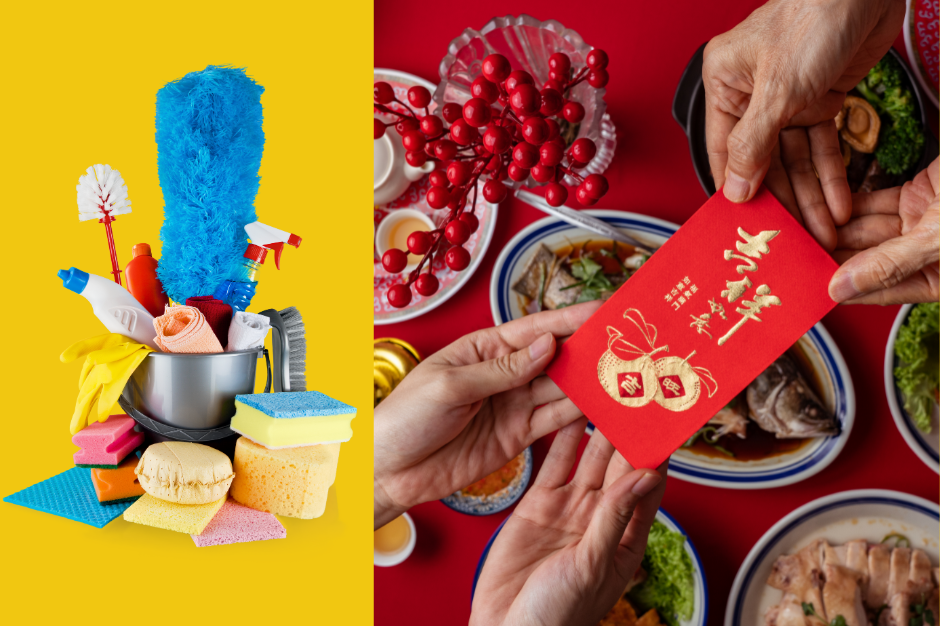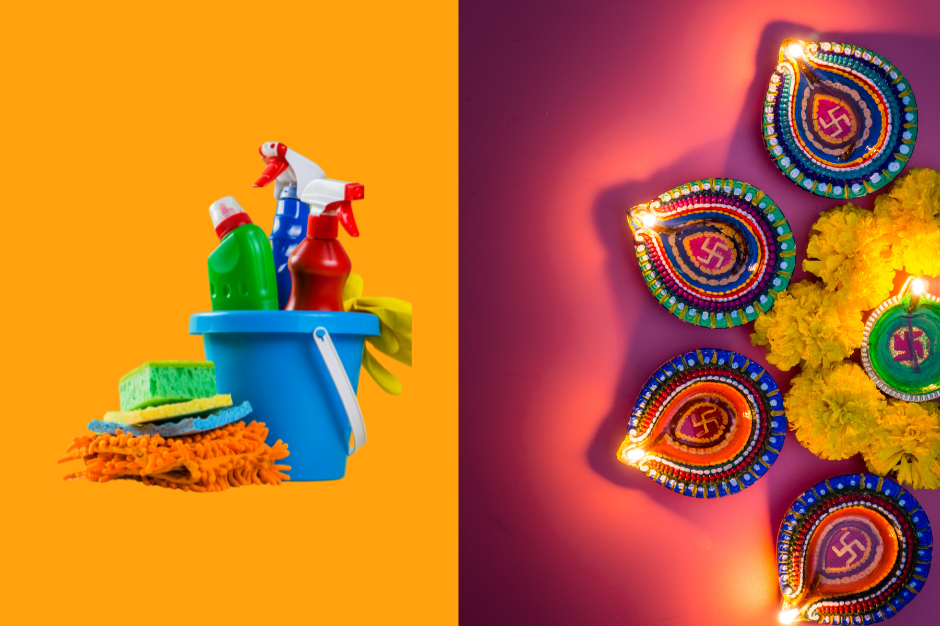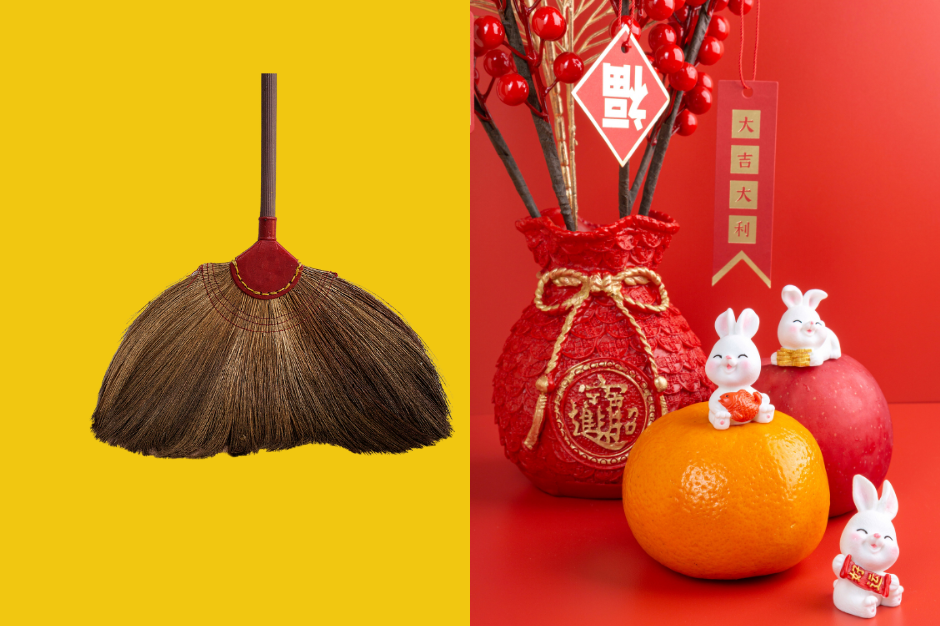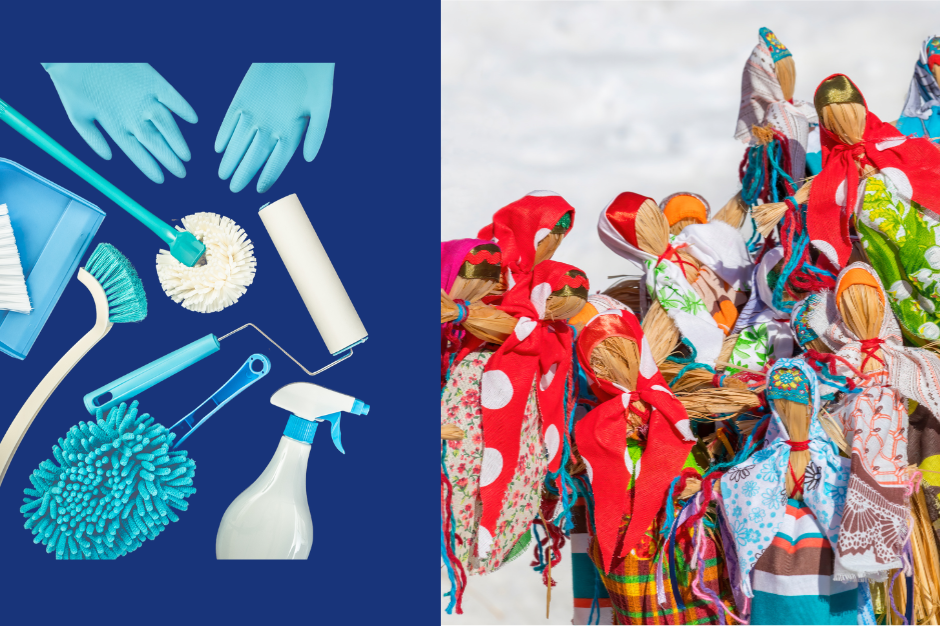As the days grow longer and the weather warms, many people around the world embark on the annual tradition of spring cleaning. But have you ever wondered how this practice varies from one culture to another? From meticulous rituals to casual tidying, spring cleaning customs differ significantly across the globe, reflecting unique attitudes and values towards cleanliness. Let's take a journey through various countries to explore the diverse ways in which spring cleaning is approached.
Japan: The Art of Decluttering
In Japan, spring cleaning is deeply rooted in the practice of "oosouji," which translates to "big cleaning." This tradition involves not only cleaning but also decluttering and organizing spaces to welcome the new season. Marie Kondo, a Japanese organizing consultant, popularized the concept of sparking joy by decluttering belongings, inspiring people worldwide to adopt a more mindful approach to tidying up.

Germany: "Gründlichkeit" and Precision
Germans are known for their precision and thoroughness in all aspects of life, including cleaning. Spring cleaning, or "Frühjahrsputz," is taken seriously in Germany, often involving deep cleaning every nook and cranny of the house. It's not uncommon for families to set aside an entire weekend for this task, ensuring that their homes are spotless and ready for the warmer months ahead.

United States: A Seasonal Refresh
In the United States, spring cleaning is viewed as an opportunity for a fresh start. While some may approach it with gusto, tackling major cleaning projects, others take a more relaxed approach, focusing on light tidying and decluttering. The tradition of spring cleaning is deeply ingrained in American culture, with many households engaging in the ritual as a way to shake off the winter blues and embrace the renewal of spring.

India: Rituals of Renewal
In India, spring cleaning is intertwined with various cultural and religious practices. During the festival of Diwali, which marks the beginning of the Hindu New Year, homes are cleaned and decorated to welcome the goddess Lakshmi, who symbolizes prosperity and good fortune. Additionally, the festival of Holi, known as the festival of colors, involves thorough cleaning to prepare for the vibrant celebrations that ensue.

China: Sweeping Away Bad Luck
In China, spring cleaning is not just about tidying up the home but also about sweeping away bad luck and making way for good fortune. Before the Chinese New Year, which typically coincides with the beginning of spring, families engage in a thorough cleaning of their homes to remove any accumulated negativity from the past year. This tradition symbolizes a fresh start and the welcoming of prosperity in the year ahead.

Sweden: "Döstädning" and Minimalism
In Sweden, spring cleaning takes on a unique form known as "döstädning," or death cleaning. This practice involves decluttering and organizing possessions to minimize the burden on loved ones after one's passing. While it may sound morbid, döstädning is viewed as a practical and thoughtful way to simplify one's life and leave behind a tidy legacy.

Brazil: Cleansing the Spirit
In Brazil, spring cleaning goes beyond just tidying up the physical space—it's about cleansing the spirit as well. During the festival of Carnaval, which marks the beginning of spring, many Brazilians engage in a thorough cleaning of their homes to rid them of negative energy and prepare for the festive celebrations ahead. This tradition reflects the belief that a clean environment is essential for fostering positivity and joy.

Russia: A Celebration of Renewal
In Russia, spring cleaning is a time-honored tradition that coincides with the celebration of Maslenitsa, also known as Butter Week or Pancake Week. During this festival, which marks the end of winter and the beginning of spring, families engage in a thorough cleaning of their homes to welcome the season of renewal. It's believed that a clean and tidy home sets the stage for a prosperous and fruitful year ahead.

Attitudes and Values Towards Cleaning
Different cultures have varying attitudes and values when it comes to cleaning. In some societies, cleanliness is equated with purity and spiritual well-being, while in others, it's seen as a practical necessity for maintaining health and hygiene. Additionally, the level of importance placed on cleanliness may vary depending on factors such as socioeconomic status, urbanization, and cultural norms.
So, as you embark on your own spring cleaning journey, take a moment to appreciate the diverse cultural perspectives that shape this timeless tradition. Happy cleaning!


